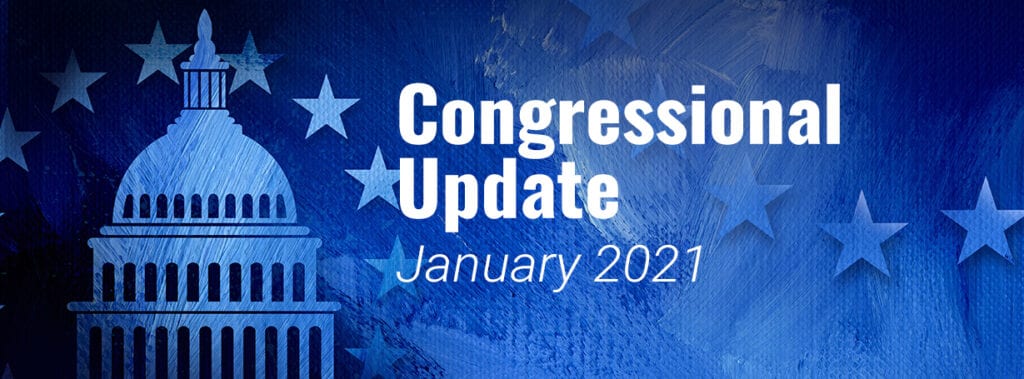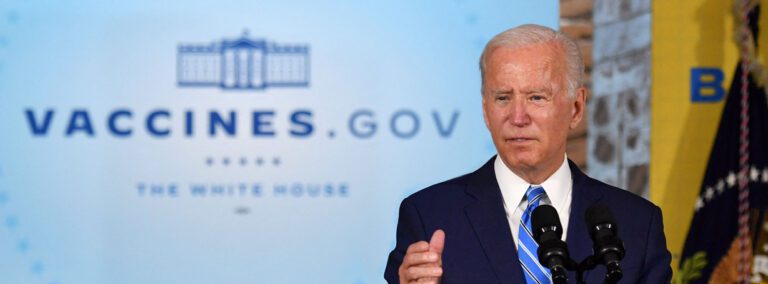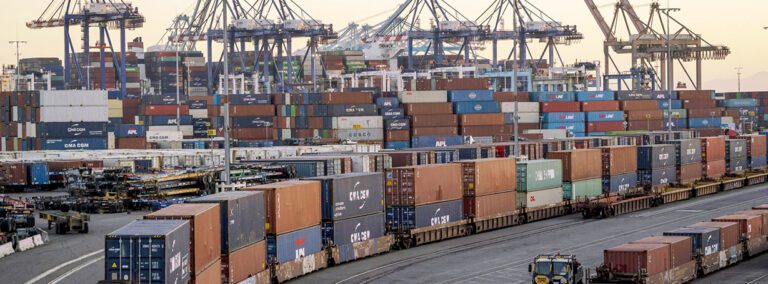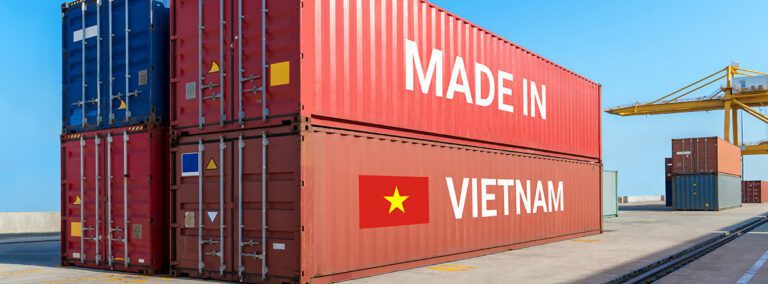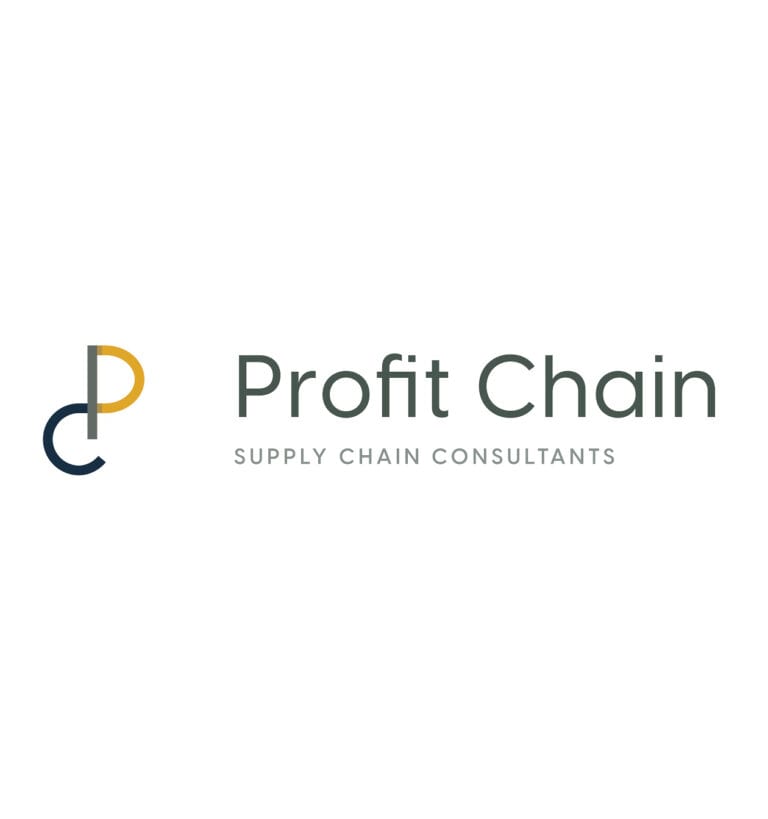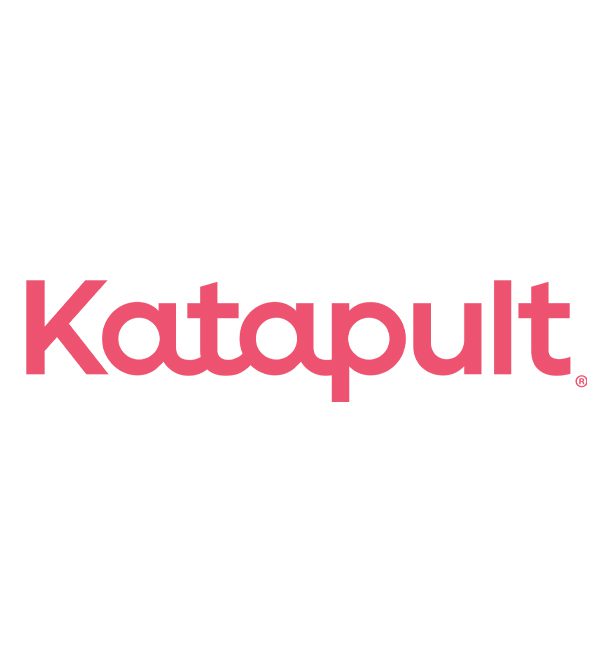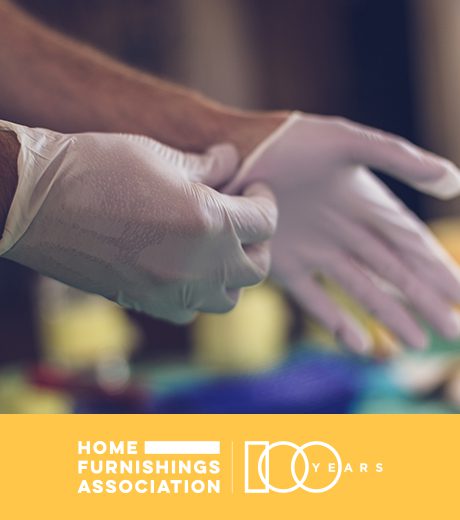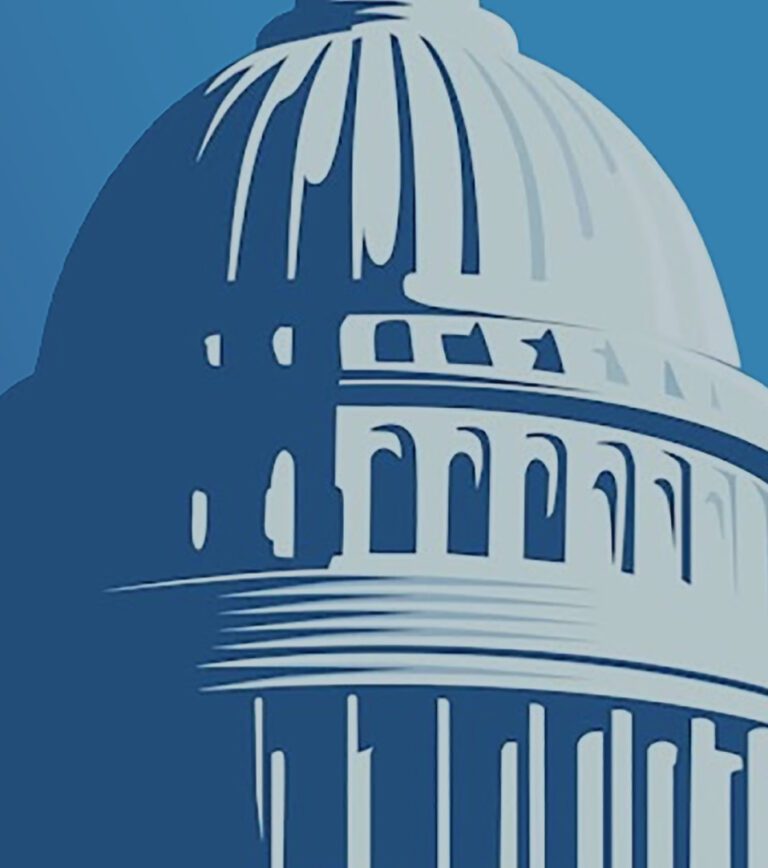Congress ends 2020 with a COVID-19 relief package, a ruling on furniture flammability, and an update on the Section 301 Vietnam investigation. The end of the calendar year is always a busy time in Congress as leaders work to enact priorities before breaking for the holidays. The recent end of the session for the 116th Congress was one of the more productive periods over the two-year term as it passed a massive $1.3 trillion federal government spending bill, joining it with an additional $900 billion COVID-19 relief package.
COVID-19 Relief
Since the CARES Act enactment in March 2020, the Home Furnishings Association (HFA) continued to engage with congressional and Administration leaders to stress the critical need for greater access to the Paycheck Protection Program (additional round of lending) as well as more flexible payroll/non-payroll expenses and loan forgiveness policies. The stimulus package that was recently enacted provides several key victories for the home furnishings industry as we confront the ongoing realities of COVID-19 and its impact on our businesses, employees, and customers.
The stimulus package allows for a ‘second draw’ PPP loan for those businesses with fewer than 300 employees AND a revenue decline of at least 25% when comparing a quarter in 2020 to a similar quarter in 2019. Those parameters shifted over the course of several months as the initial revenue test was a 50% decline, but HFA and others pushed back to say that was too high, given the impacts from COVID-19. From the beginning of the PPP, HFA pushed the Small Business Administration (SBA), U.S. Treasury, and congressional leaders to expand non-payroll expense categories for the PPP to allow for greater flexibility within the pandemic response. Those categories were expanded in the most recent stimulus to allow businesses to include costs of accommodating remote work as well purchases of PPE and other in-store materials to comply with local, state, and/or federal guidelines for social distancing, etc.
The most important aspect to the PPP funds is that they can be 100% forgiven; as furniture retailers exhausted their funds and began working with their lenders on the loan forgiveness application, it was clear that the process was overly burdensome for many. HFA aggressively worked with the SBA and Congress to advocate for simplification of the loan forgiveness process, especially for those smaller businesses. Ultimately, the stimulus package includes a more streamlined forgiveness process for those borrowers with a loan under $150,000 which includes a mandatory one-page loan forgiveness application as well as relieving the paperwork submission requirements.
Upholstered Furniture Flammability
The end of the year agreement also included an important regulatory fix impacting the furniture industry. For decades, the Consumer Product Safety Commission wrestled with upholstered furniture flammability and toxic effects of flame retardant (FR) chemicals in furniture. The state of California revised its standard to not require those FR chemicals to meet it. The language contained in the congressional package directs the CPSC to create a national standard based on those California regulations; this creates a safer environment for consumers as FR chemicals have been removed from supply chains and allows the industry to avoid a nationwide patchwork of regulations as an increasing number of states adopted FR chemical bans.
US Trade Representative Section 301 Vietnam Investigation
In mid-October 2020, the U.S. Trade Representative (USTR) initiated a two-pronged Section 301 investigation into Vietnam related to illegal logging and currency manipulation. This is the same process that resulted in the expansive tariffs on goods imported into the U.S. from China in 2018. The illegal logging investigation specifically highlights practices related to wooden furniture exported to the U.S. HFA testified during a recent hearing on the matter to defend industry practices and urge the USTR to avoid sweeping tariffs on these imports which would further disrupt the supply chain and add cost to these essential products. Importantly, HFA was unable to find evidence that these illegal logging practices relate to wooden furniture so tariffs would punish those American companies operating under good logging practices and not target any potential bad actors. The results from the hearing are unknown however, HFA will remain engaged with the new Biden Administration on these matters.
